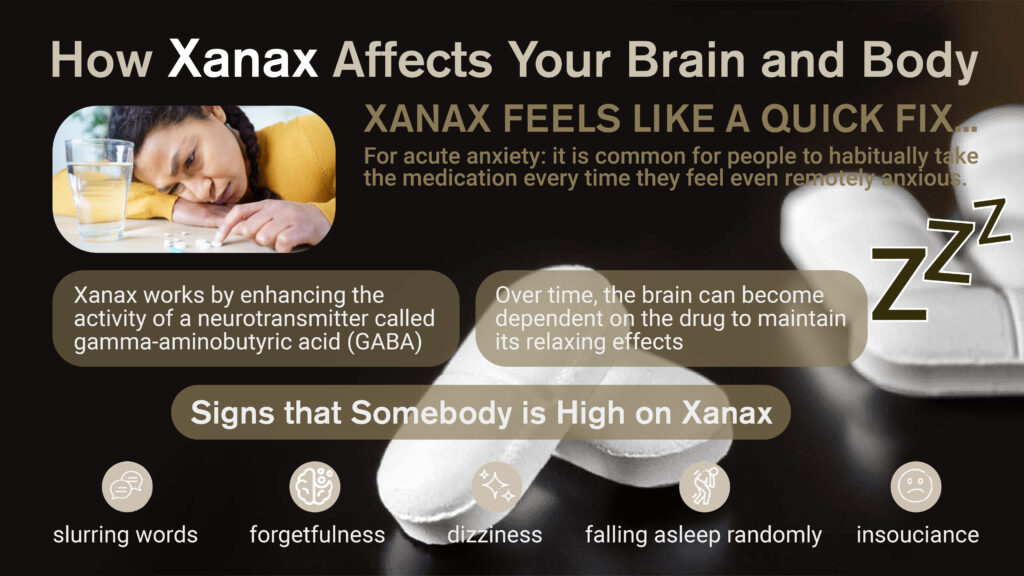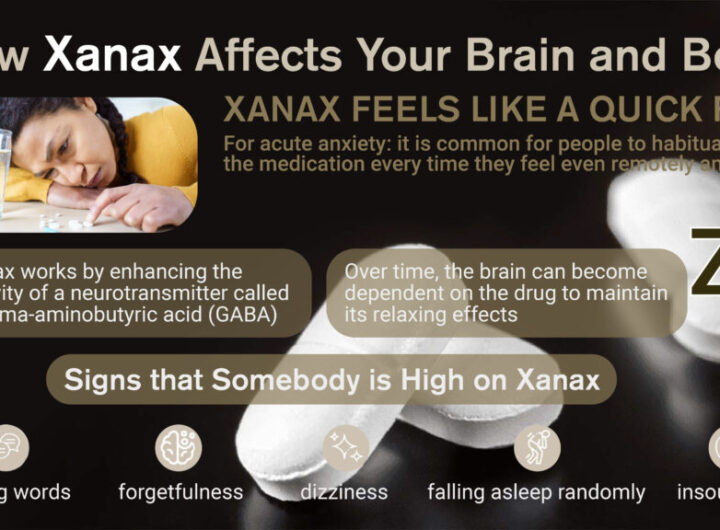1
 Buy Tramadol (Generic Ultram) Online for Chronic Pain Relief
2
Buy Tramadol (Generic Ultram) Online for Chronic Pain Relief
2
 Xanax (Alprazolam) Online for Anxiety and Depression Relief
3
Xanax (Alprazolam) Online for Anxiety and Depression Relief
3
 Buy Ativan (Generic Lorazepam) Online, Desired Property
4
Buy Ativan (Generic Lorazepam) Online, Desired Property
4
 Buy Ativan (Generic Lorazepam) Online, Desired Property
5
Buy Ativan (Generic Lorazepam) Online, Desired Property
5
 Buy Insomnia (Sleeping) Tablets & Medication Online – Desiredproperty.in
Buy Insomnia (Sleeping) Tablets & Medication Online – Desiredproperty.in
 Buy Tramadol (Generic Ultram) Online for Chronic Pain Relief
2
Buy Tramadol (Generic Ultram) Online for Chronic Pain Relief
2
 Xanax (Alprazolam) Online for Anxiety and Depression Relief
3
Xanax (Alprazolam) Online for Anxiety and Depression Relief
3
 Buy Ativan (Generic Lorazepam) Online, Desired Property
4
Buy Ativan (Generic Lorazepam) Online, Desired Property
4
 Buy Ativan (Generic Lorazepam) Online, Desired Property
5
Buy Ativan (Generic Lorazepam) Online, Desired Property
5
 Buy Insomnia (Sleeping) Tablets & Medication Online – Desiredproperty.in
Buy Insomnia (Sleeping) Tablets & Medication Online – Desiredproperty.in






